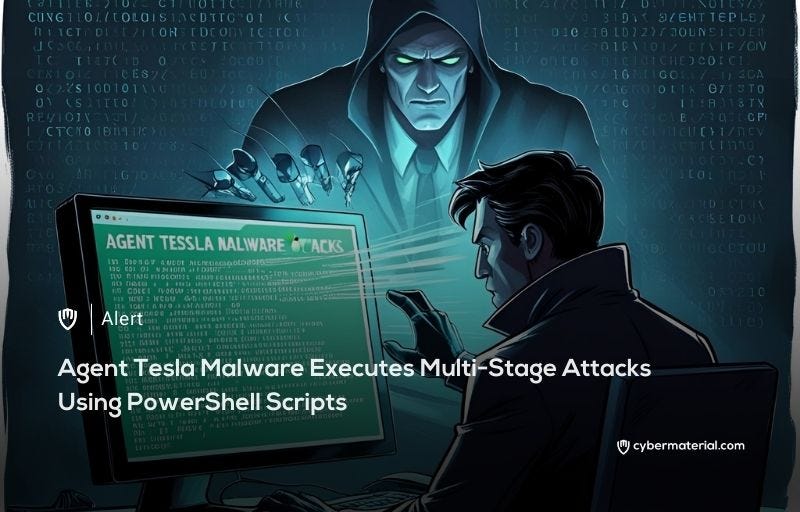
Researchers from Palo Alto Networks uncovered a series of malicious spam campaigns using Agent Tesla malware. The attack starts with a socially engineered email designed to appear legitimate and rele…

Researchers from Palo Alto Networks uncovered a series of malicious spam campaigns using Agent Tesla malware. The attack starts with a socially engineered email designed to appear legitimate and rele…